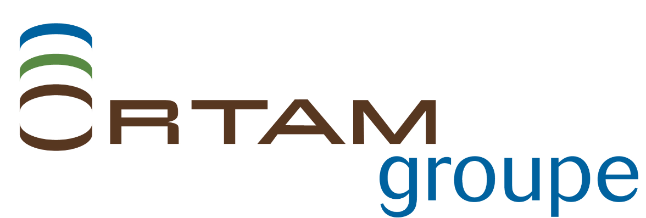The brick, stone, steel and glass exteriors of our urban residential and commercial high-rises create iconic vistas as recognizable as the skylines they are a part of. Keeping the exterior in good shape is the responsibility of a building’s co-owners association or managing board. Building facades should not just look good but they should function well, too. They should protect the structures they cover and should also be safe for passersby. If you are a member of a co-owners association for a condominium building five storeys or taller, then you know the importance of regular facade inspections.
Regular inspections are essential to a building’s general maintenance. A facade inspection can identify property issues before they become problems. Knowing what the existing and potential issues are is crucial to ensuring the safety, aesthetics and value of a building. This is especially important because a home is often a person’s largest lifetime investment.
The when and how of facade inspection
Structural engineers generally recommend that the facade inspection be done every five years if a building is in good condition. In fact, in Quebec, this five year interval is mandated by law. Experts also agree that if a building is in fair condition, then an inspection should be done at two to three year intervals. Additionally, if a building is in poor condition, then the recommendation is to have the facades inspected yearly. The inspector must be qualified by local jurisdiction to undertake facade inspection. This usually means hiring a registered architect or a professional engineer.
Signs of deterioration to look for
According to Quebec’s provincial government building authority, the RBQ (Régie du bâtiment du Québec), there are signs of deterioration visible to the naked eye that indicate a thorough and in-depth facade inspection by a professional is called for. These include signs such as cracks, rust stains, physical deterioration around balconies, and displacement of stone or concrete blocks or bricks.
Legislation concerning facade inspection
In Canada, the National Building Code is the model that forms the basis for all of the provincial building codes. Quebec is the only province where building facade inspections are mandated by law according to very specific conditions. The legislation (Bill 122) also applies to multi-level parking garages in Quebec. Inspections must be carried out by a licensed member of the province’s professional order of engineers, the OIQ (Ordre des ingénieurs du Québec). The aim of the law is to ensure that facades and parking garages are free from any defect which could jeopardize safety or create dangerous conditions.
What this means for you
When it comes to high-rise condominium buildings five storeys of taller, facade inspections benefit everyone. The building’s co-owners association and management will be satisfied the building is safe. Residents will be assured. Even people just passing by the building will be safe. Regularly inspecting your building ensures safety for all. You will be protecting the structure of the building, safeguarding the residents’ investments, and potentially saving lives.
When it’s time for your building’s facade inspection, it is best to entrust the job to an engineering firm specializing in building inspection services. Look for one whose accredited inspectors have several years of experience under their belts.
Have a story idea, comment or want to be a contributor? Connect with us at [email protected] today!



